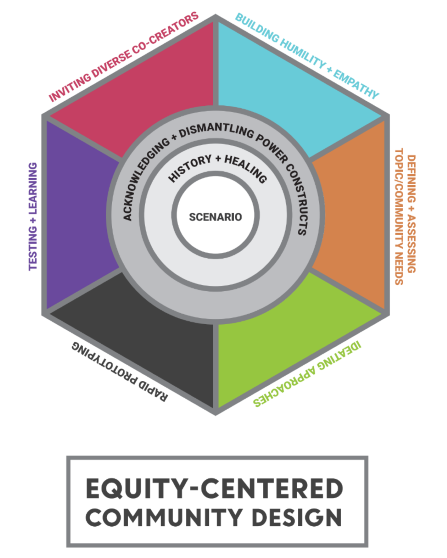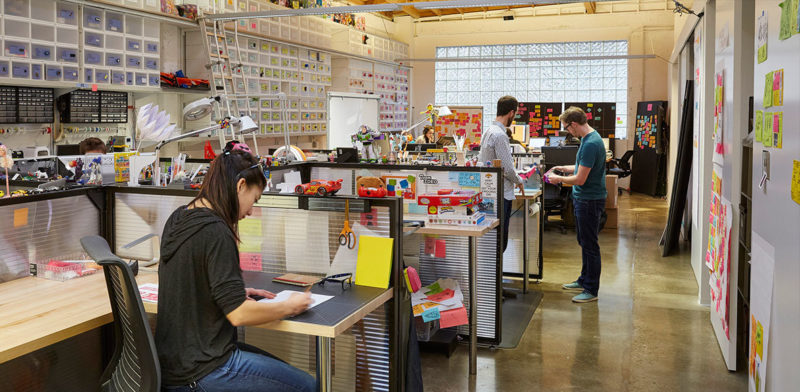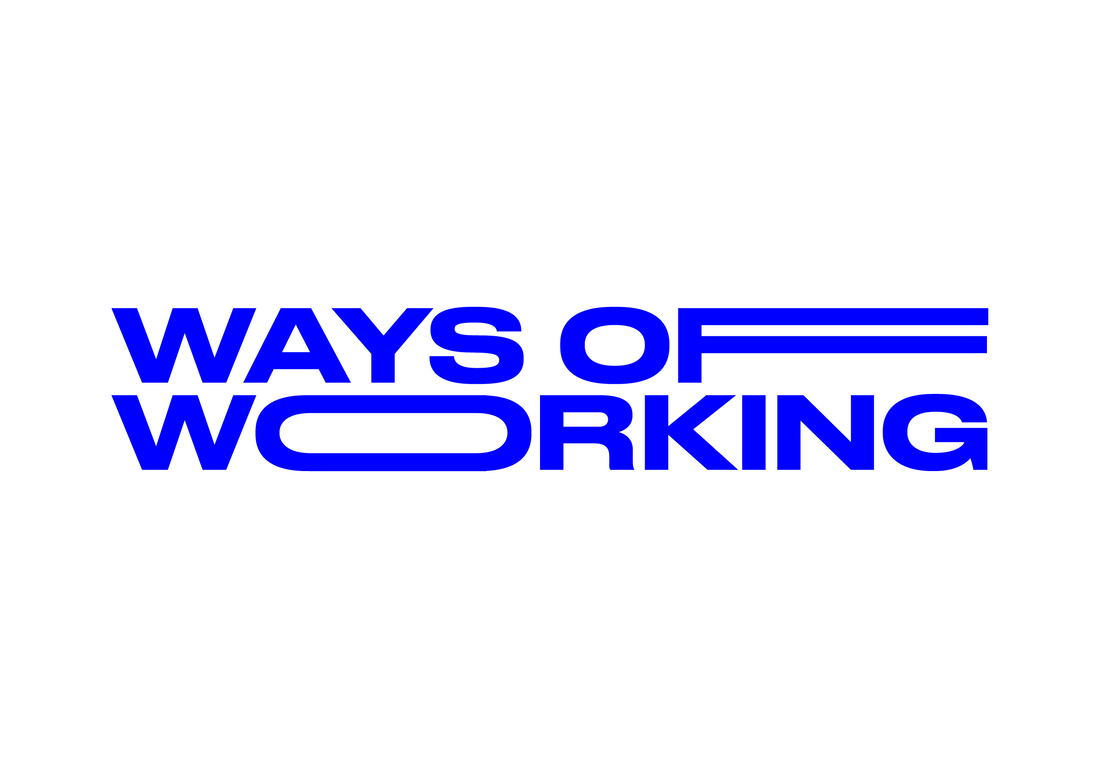|
Colonialism is a practice of control that has been perfected in our history to the point where it still continues to infect our society today. The notion of an Empire and dominant power is an old and problematic ideology that has caused a loss of life, culture, knowledge, religion and even land. It has encouraged oppression, racism and violence. This social injustice was created by design, it exists by design. These communities weren’t born disadvantaged, they were oppressed as a way for these Empires to keep the power in one place and maintain it. A modern example of this ideology is Brexit. It is a form of dominating power in one country, for Britain to not be held to the rules of the EU, and not allowing minority groups that is has built in the past the opportunity to access its way of life. It has encouraged dangerous patriotism, the idea that Britain/British is the best, which has fuelled even more hate crime. Brexit was a movement dominated by design, used as a tool of political manipulation by our leaders. Design has so much power, and therefore can destroy the oppressive systems it once created. Brexit Campaign Example (Image sourced Online) In order to heal and decolonise this way of thinking we must first empathise and acknowledge it as part of our history, but not the history we have been taught. We must unlearn what we’ve been told so far, as it has been within the context of structural oppression in the dominant Western world, and instead relearn our identity through the vital stories and identities that have been erased, reclaiming them as our own. As once said by Dana Abdulla, ’To decolonise is to ‘shatter the familiar’ an aspect of decoloniality is questioning how solutions might be experienced in someone else’s shoes’. To simply listen to the perspectives of minority groups distributes power to them and allows us to demonstrate empathy and humility, which are traits our society greatly lacks. It challenges how people think and shatters the familiar, creating diversity by bringing different people to the table and making them the centre of attention. A way design as an industry can directly contribute to decolonisation now and in the future, is through designing for equity. As designers everything we do has an impact, particularly on equity. Equity is fairness, it is about designing differently for different groups of people in order to create equal opportunities. To design for equity is to design for social justice, which is something all design should do. Creative Reaction Lab led by Antionette D. Carroll created the framework for Equity-Centred Community Design, taking into account people, power, actions, systems, history and healing. They believe that we must hold ourselves accountable for the power we have as designers and work alongside communities in order to break down systems, change stereotypes, stop violence and allow them the power to heal. We must come together to represent diversity and increase visual design for minority groups. As an agency they believe in the power of collaboration in creating a mindset shift. They believe that equity designers and design allies should work together in order to produce effective outcomes that will continue to have impact for a long time to come. Equity designers are in the community and are directly impacted by the inequalities and therefore closest to the project, whilst design allies are not. This is not intended to redirect the responsibility of the work to the community but rather to allow them their say and the opportunity to be a part of the change they wish to make. They understand the issue better than anyone, and can therefore address it properly to ensure improvement to the quality of life for the community without harm. Creative Reaction Lab's Equity-Centred Community Design Framework (Image sourced Online) Diversity in the Design Workplace is a major colonial issue within the industry. As recently as 2019, 71% of the design industry was still predominantly white. As outlined by leader of IDEO, Sandy Speicher, it is a serious problem due to perception and history as opposed to talent and means. The agency in a Q&A session addressed their failures of giving everyone equal opportunities within the system, in particular their promotion and hiring processes. She admitted that due to the foundation of the company being a group of white men, and the success they’ve had thus far, they have not been open about getting more people of colour involved. They could do a lot better, as now there is no progression without adaptation. They’ve learnt that they must design with communities, as with Creative Reaction Lab, it is only by working with those involved can a real impact be made. IDEO have recently opened up that conversation within their workplace. They have evolved their hiring, training and promotion processes as well as formed an internal leadership team, including activists and people of colour, in order to keep the dialogue going and put in future procedures. It is a start that every design company should make, as ‘imagination and talent is not determined by skin’. IDEO's Design Workspace (Image sourced Online) As a designer myself, I am fully aware that there are many changes I can make in order to contribute to decolonisation. Within my practice so far I have collaborated with people from all different backgrounds on a number of projects. There is so much value to receiving different viewpoints and perspectives in creating a piece of work that is truly unique and fit for purpose. I am lucky that university has allowed me the opportunity to design within a diverse workplace. Another diverse space I had the pleasure of working in was the music licensing company ‘Blokur’. Even before receiving an interview I was completing a diversity form on their behalf, and within company meetings it was apparent how valued different opinions and perspectives were, with all the teams being made up of people from all cultures.
There are still many changes I can make within my own practice however to really make a difference. I need to ask more questions and seek different interpretations to the stories I have been taught about my identity. To look at the brutalism within the architecture of my life and not just accept it, but challenge it. I need to decolonise the way I produce a project from research to production, acquiring different sources, outcomes, ideas, materials and printing processes. To take inspiration from designers, cultures and communities from all walks of life and not just the ones easily accessible to me. I need to think who I empower when I do my work, is it myself, or the voices of those who have been silenced? I can do this by interviewing, learning and designing alongside the people I want to benefit in order to make a real difference. I can dedicate majority time to researching and immersing myself within the community in order to build trust. I need to learn to listen to people from these historically underinvested communities to give them the power they deserve, and not question them. I am on a personal journey myself and so are they. For every project I need to make an action plan for my practice, that I ensure to follow through. I need to recognise that what I have been taught so far is wrong. We are all part of one community and we all need to work together to challenge people’s minds and dismantle colonial perspectives in order to seek social justice in our own work and society. However to do this I need to address my own history in order to accept its failures and heal. If you are not healed, you have no chance in healing someone else, and sometimes you can only do this yourself. I will therefore start this process through my SIP project, focusing on recent protests about COVID, racism and feminism, accepting its failures and attempting to heal myself and society through making a political projection mapping piece that strives towards social justice. My thesis question for third year could also help this process as it deals with design being used as propaganda to create an oppressive system. Design might have caused these problems but it can also solve them.
0 Comments
Leave a Reply. |
Archives
December 2021
Categories |




 RSS Feed
RSS Feed
